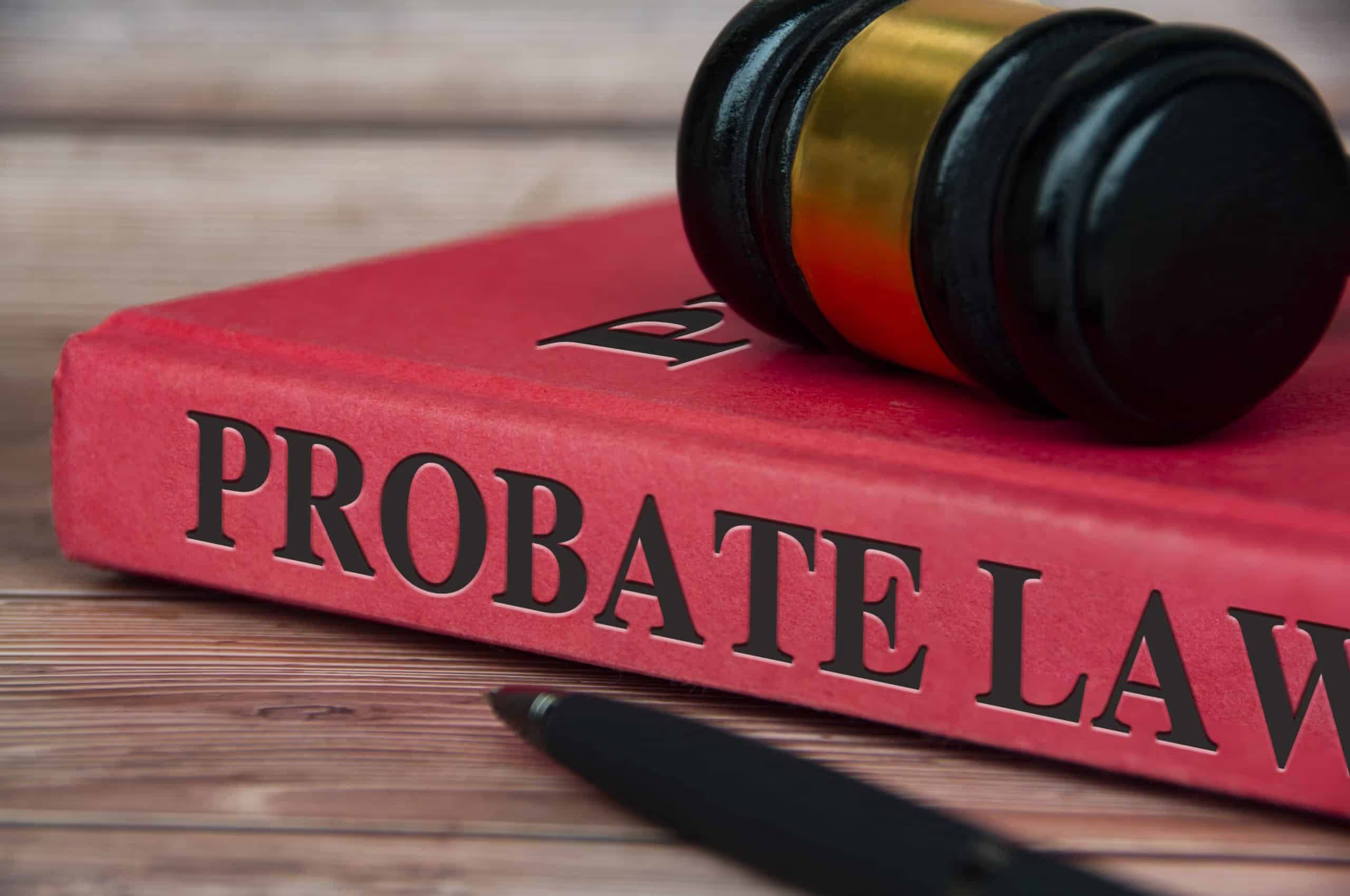A trustee is responsible for managing and protecting the assets placed in a trust according to the instructions in the trust document. This role comes with a legal and ethical duty to act in the best interest of the beneficiaries and follow the trust’s terms precisely.

Primary Responsibilities of a Trustee
A trustee’s duties are clearly defined in the trust document and by state law. These duties typically include:
- Managing Assets: Overseeing investments, real estate, and other trust property to preserve and grow their value.
- Following Instructions: Ensuring asset distributions happen exactly as the trust specifies.
- Recordkeeping: Maintaining accurate financial records, receipts, and statements for all transactions.
- Tax Compliance: Filing trust tax returns and providing beneficiaries with necessary tax documents.
Fiduciary Duty Explained
A trustee holds a fiduciary duty, meaning they must act with honesty, loyalty, and diligence. This duty prohibits self-dealing, requires full transparency, and demands that every action serve the beneficiaries’ best interests.

Types of Trustees
Trustees can be individuals, such as family members or friends, or professional institutions like banks and trust companies. An individual trustee may have personal insight into family dynamics, while professional trustees bring specialized expertise and impartiality.
Day-to-Day Tasks of a Trustee
A trustee’s work extends beyond occasional asset transfers. Common daily or monthly responsibilities include:
- Paying trust-related bills and expenses.
- Managing rental or investment properties.
- Communicating with beneficiaries about trust activities.
- Making investment decisions that align with the trust’s risk profile.
When Trustees Must Seek Legal or Financial Help
Trustees often need professional assistance to ensure compliance. A qualified probate attorney can guide trustees through complex asset transfers, tax strategies, and dispute resolution.
Common Challenges Trustees Face
Even well-prepared trustees can encounter obstacles, such as:
- Beneficiaries who disagree with trust terms.
- Complex asset portfolios requiring specialized management.
- Legal disputes that delay asset distribution.
- A trustee must navigate these challenges while staying within legal boundaries.
Consequences of Mismanaging a Trust
Failing to fulfill trustee duties can lead to legal action, personal liability for financial losses, or removal from the role. Mismanagement can damage relationships among beneficiaries and deplete the trust’s value.
Why the Trustee Role is Crucial in Estate Planning
A capable trustee ensures that a trust functions as intended, providing stability and protection for the beneficiaries. Without proper management, the benefits of creating a trust can be lost.

Learn More About Trusts and Estate Planning
What is a Living Trust?
A living trust allows you to transfer assets during your lifetime, avoid probate, and maintain control while ensuring smooth asset transfer after death.
Will vs Trust: Key Differences
Knowing the distinctions between wills and trusts can help you choose the right estate planning tool for your needs.
How to Set Up a Trust
Setting up a trust involves creating the trust document, appointing a trustee, and funding the trust with assets to make it legally effective.
Can a Trustee Remove a Beneficiary?
Certain trust documents grant this power under specific conditions, but it requires legal authority and compliance with applicable laws.



























